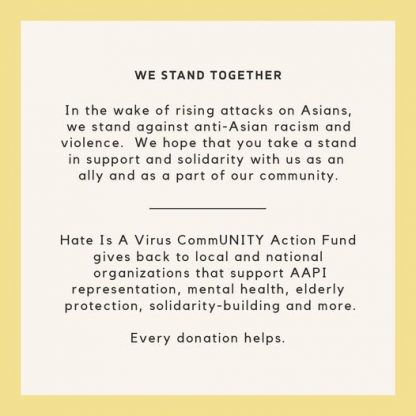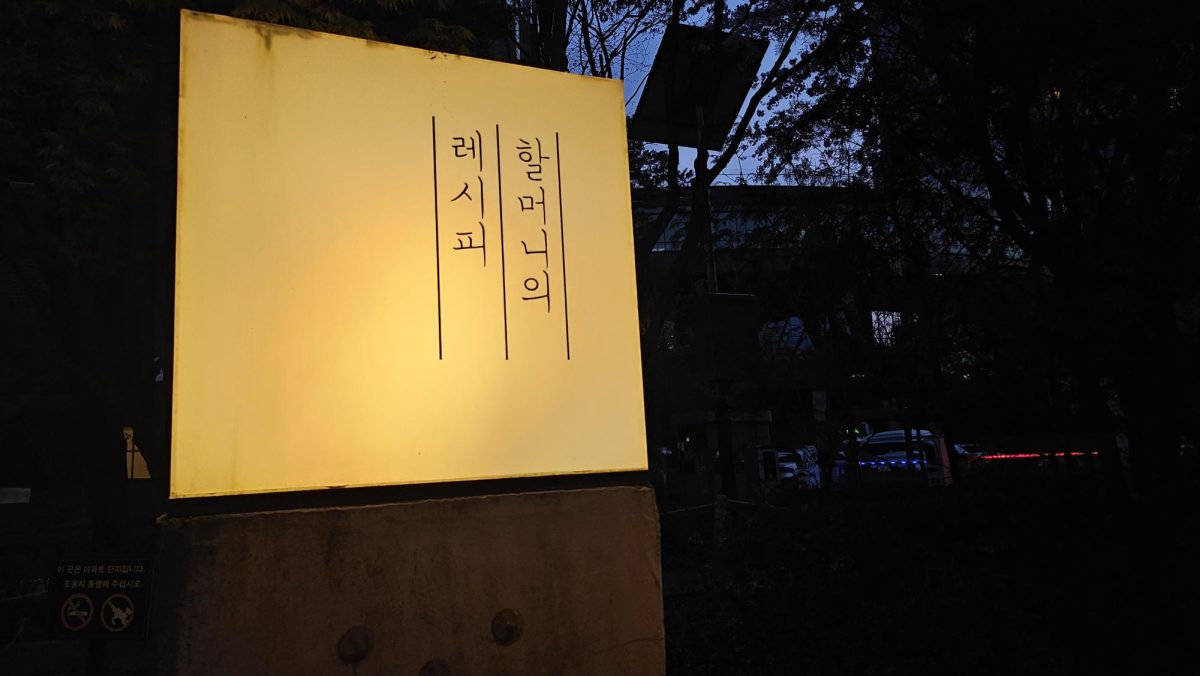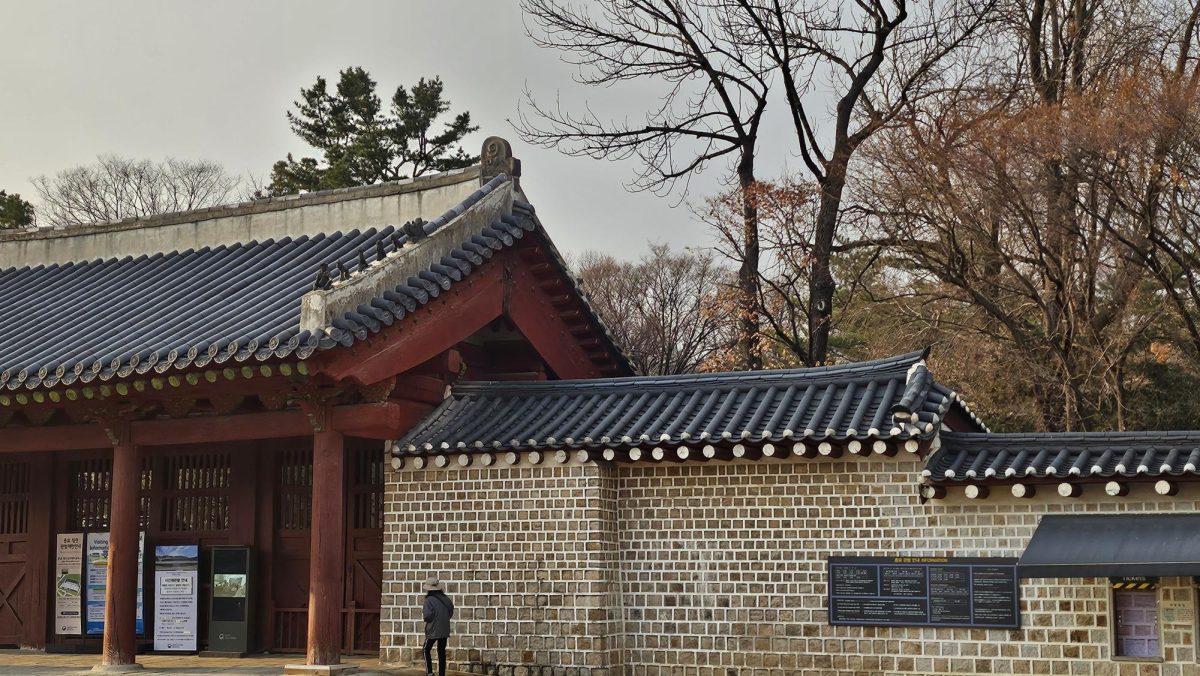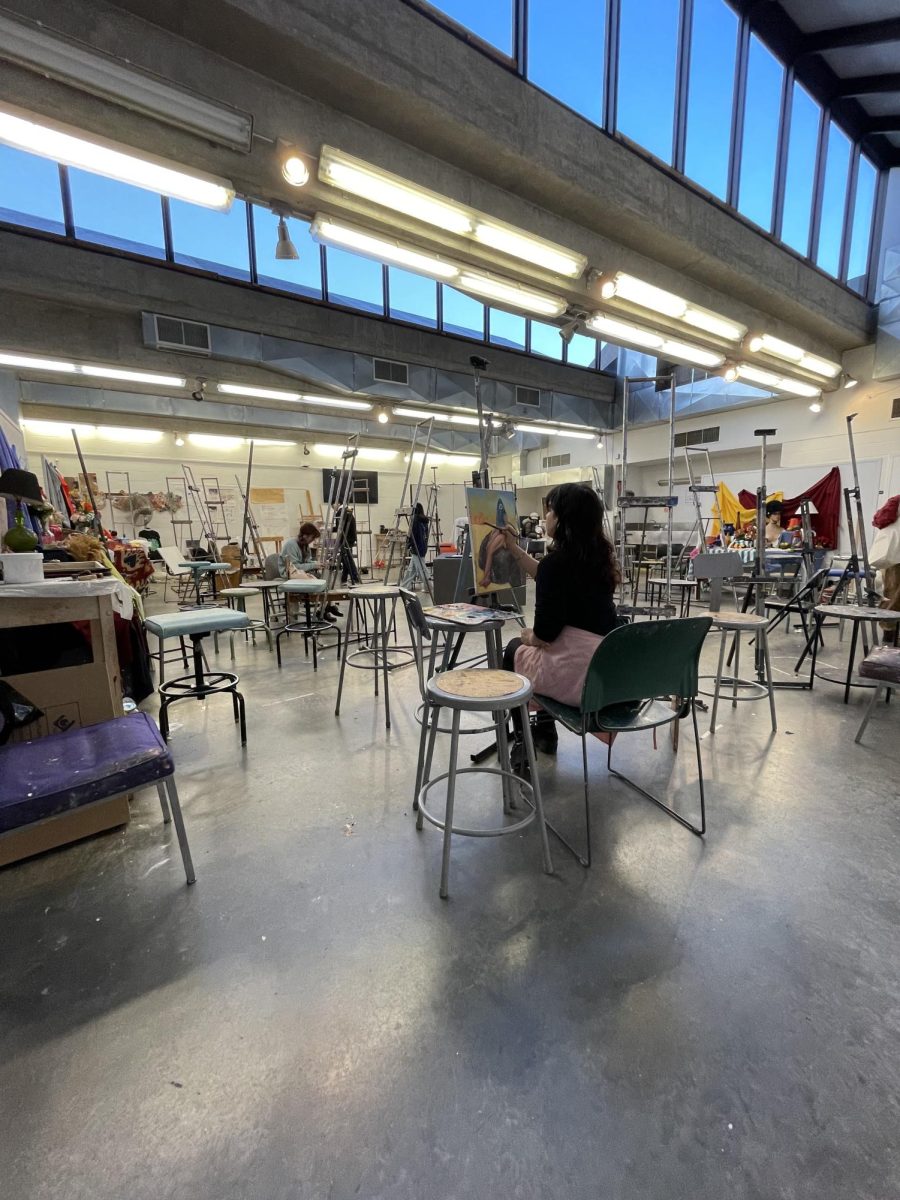
Since the COVID-19 pandemic began, violence and blatant racism toward Asian people has skyrocketed. While people are becoming more aware of the issue, many are left wondering what can be done to support the Asian community.
The Chinese Association at Stony Brook is collaborating with other Asian student organizations like the Korean Student Association and Asian Students Alliance, among others, to raise money for the Hate is a Virus CommUNITY Fund.
While this collaboration has encouraged Asian students especially to support each other at a time where their community is hurting, members of other minority groups are left to determine how they will demonstrate their allyship.
On Feb. 26, junior sociology and psychology major Jaida Fisher hosted a virtual event entitled, “Are We Allies?” to create conversation among Stony Brook University students and encourage allyship between the student body’s Asian and Black communities.
During the event, students were able to reflect and comment on the relationship between Black and Asian Americans and consider how both groups could be allies to each other as the country navigates today’s social climate.
The uncertainty and stress induced by the coronavirus pandemic in the past year have been a source of xenophobia and racism toward many East Asian people all over the world. In the United States, Asian Americans have become targets and scapegoats for the spread of COVID-19.
“Especially toward the beginning of the pandemic, there was a lot [of harmful language] coming from people in positions of power,” senior journalism major McKenzi Murphy said.
The 3,000 reported incidents of violence toward Asian Americans across the country follow racist remarks expressed by authoritative figures like former president Donald Trump who publicly associated COVID-19 with offensive terms such as “kung flu” and “China virus.”
A study by NBC shows that “rampant use of the ‘China virus’ to refer to the coronavirus, particularly by conservative outlets, had a profound impact on how those in the United States see Asian Americans.”
While the total number of hate crimes in the country has declined by 7%, the percentage of anti-Asian hate crimes spiked to 150% in 2020.
In regards to racism faced by Asian Americans, Murphy said, “It’s always been there … it’s present, it’s very real. It’s a threat and just because it might not be as overt doesn’t mean that we are any sort of model minority.”
Speaking out against violence and discrimination in their community, Asian Americans call for allies and hope that more attention is called to the racism they are facing.
Fisher described allyship as making an attempt to understand and acknowledge the struggles faced by a marginalized group. Fisher said allyship extends to fighting or advocating on the group’s behalf if they do not have the voice to do so or giving them the platform to do so themselves.
Fisher then commented on the expectation and obligations held by Black Americans, specifically to support and advocate for Asian Americans in today’s social climate.
“It’s an obligation, but not because we’re both minorities,” Fisher said. “I think everyone should feel the need to advocate for others and to speak up when people are not being treated fairly. Just as members of the Asian community supported Black Lives Matter, we should do the same thing. But not because we’re Black. Because we’re human beings caring for others.”
Junior psychology major My Phuong Le Nguyen attended the “Are We Allies?” event as the junior representative of the Vietnamese Student Association.
Reflecting on the event discussion, Ngyuen acknowledged the generally strained relationship between Black and Asian communities.
“We can’t really dwell on the past,” Ngyuen said. “In our generation, we can continue to unlearn certain patterns. It’s not supposed to be an overnight process, but I think that is evermore the reason why we have to be comfortable with being uncomfortable and address the hurt we caused each other historically.”
Sharing the same sentiment, Fisher said, “Let’s not quantify struggle. Let’s not get into a debate about who has it harder. We’re not going to get anywhere pointing fingers. We’re all struggling in different areas that, because of our race, we have to deal with.”
While total reconciliation between Black and Asian Americans will not be accomplished overnight, it is important to become educated on the issues hurting each community and acknowledge the challenges faced by all marginalized communities as a whole.
“Right now, the issue at hand is that there have been a lot of hate crimes,” Ngyuen said. “What do we do to address it now and what is the long term goal, unloading the hurt that we have caused in each other’s communities?”














